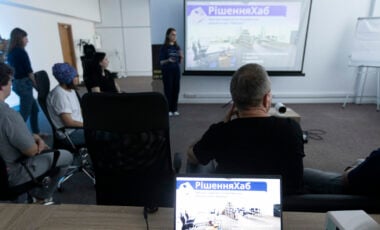Rebuilding Ukraine: Germany funds construction of modern hospital in Zaporizhzhia region
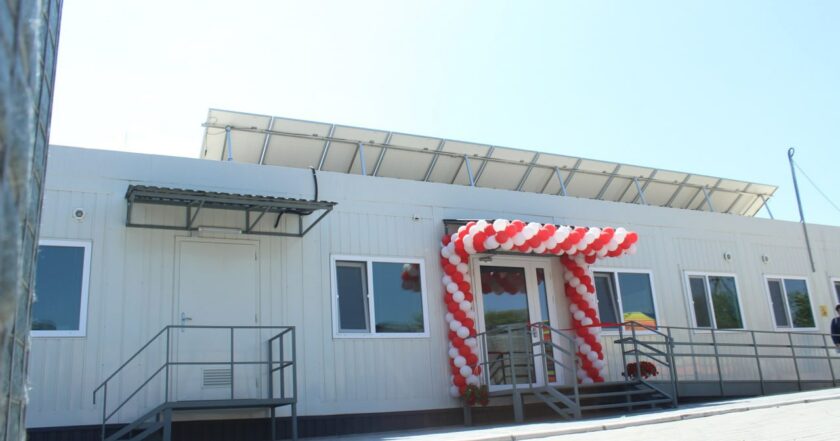
The German government has allocated funds to develop a modern hospital in the Zaporizhzhia region. This marks the sixth modular hospital in Ukraine supported by the German government through the project "Special support program for Ukraine / EU4ResilientRegions," facilitated by GIZ Ukraine.
Rubryka reports this.
What is the problem?
"As of the beginning of February 2024, as a result of the full-scale war waged by Russia against Ukraine, 1,523 medical facilities were damaged, and another 195 were completely destroyed," the Ministry of Health reports.
The ministry also noted that medical facilities in the Kharkiv, Donetsk, Mykolaiv, Kyiv, Chernihiv, Dnipropetrovsk, Kherson, and Zaporizhzhia regions suffered the greatest losses from enemy shelling.
What is the solution?
The German government financed the construction of a modern hospital in the Zaporizhzhia region.
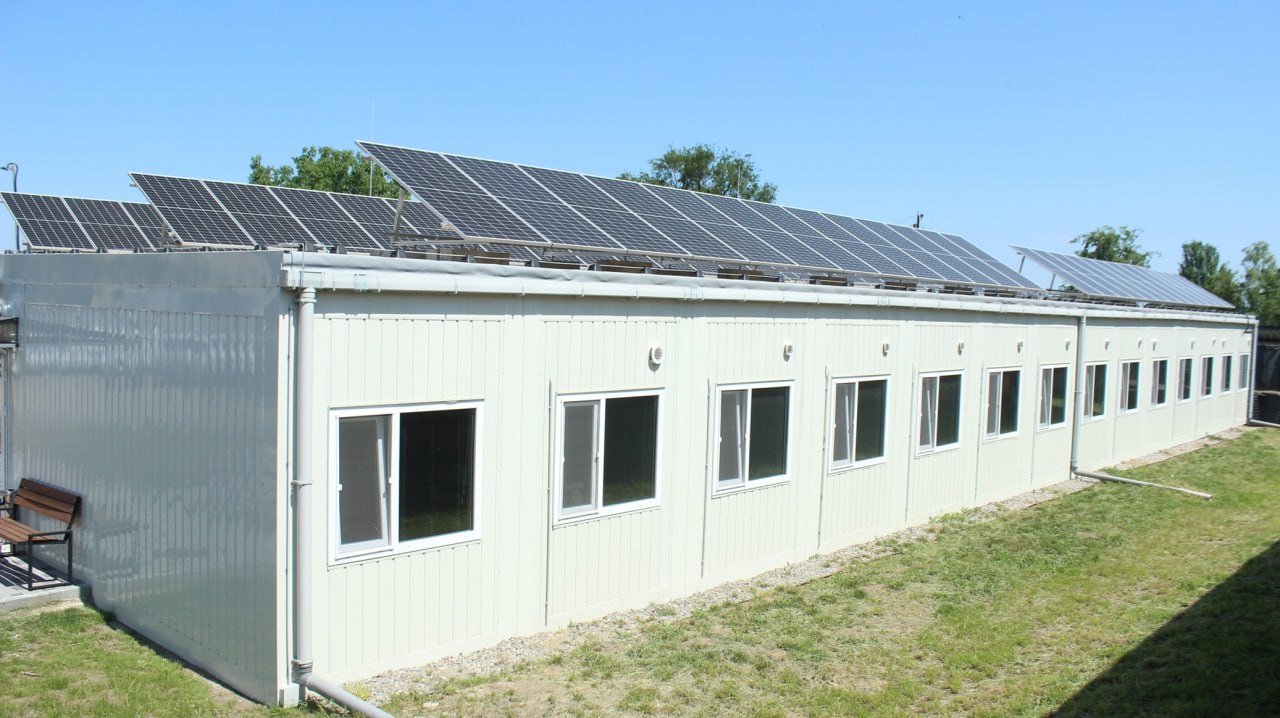
How does it work?
The hospital has state-of-the-art medical and laboratory equipment. Each of the 18 medical specialists has access to their specific equipment, including functional diagnostic tools such as ECGs and EEGs, ultrasounds, and laboratory testing equipment. The hospital also has offices dedicated explicitly to therapists, ENT specialists, ophthalmologists, gynecologists, and surgeons, as well as consultation and physiotherapy rooms.
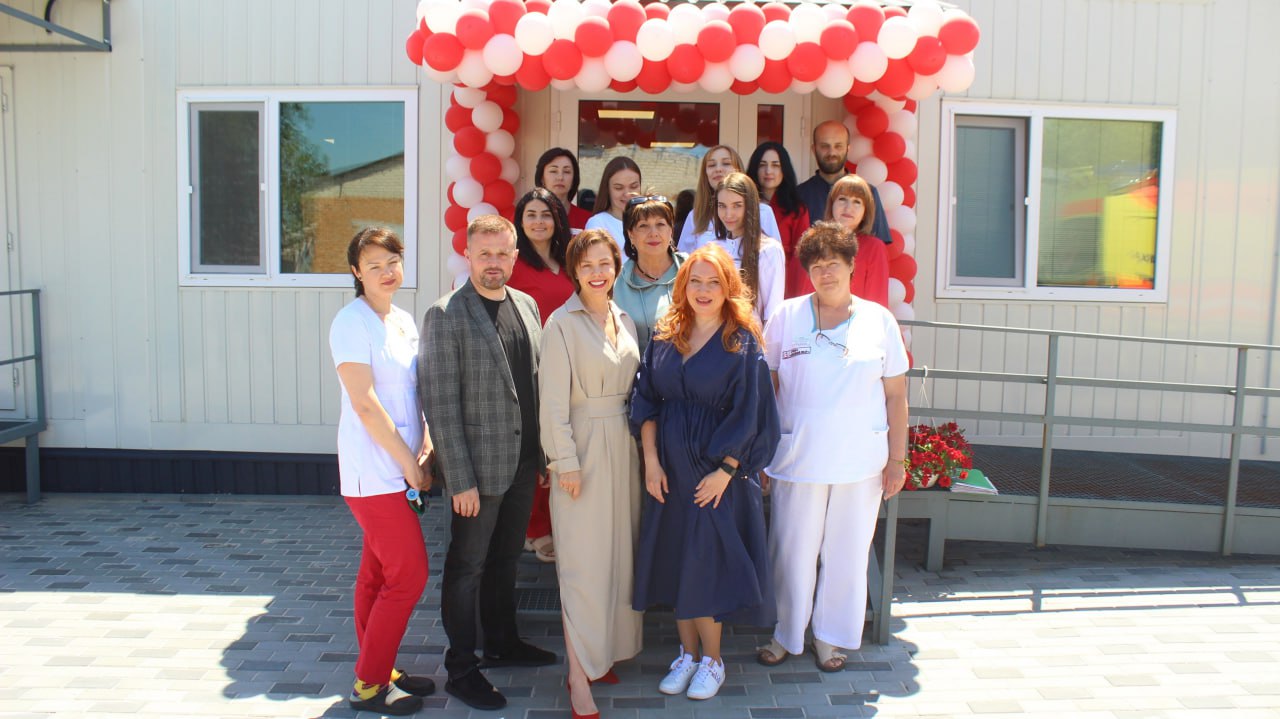
"The modular hospital is equipped not only with medical equipment for primary and scheduled specialized care but will also be able to provide some highly specialized medical care services," says George-Sebastian Holzer, head of the GIZ Ukraine: Resilient Society cluster. "The project to build six hospitals will significantly expand the capabilities of existing institutions to increase the capacity of communities to provide medical services to residents of nearby towns and villages and temporarily displaced persons."
The hospital will provide medical services to residents of the right-bank part of the city of Zaporizhzhia, Shyrokivska, Dolynska, and Bilenkivska communities. These are more than 300,000 people, including more than 10,000 IDPs.
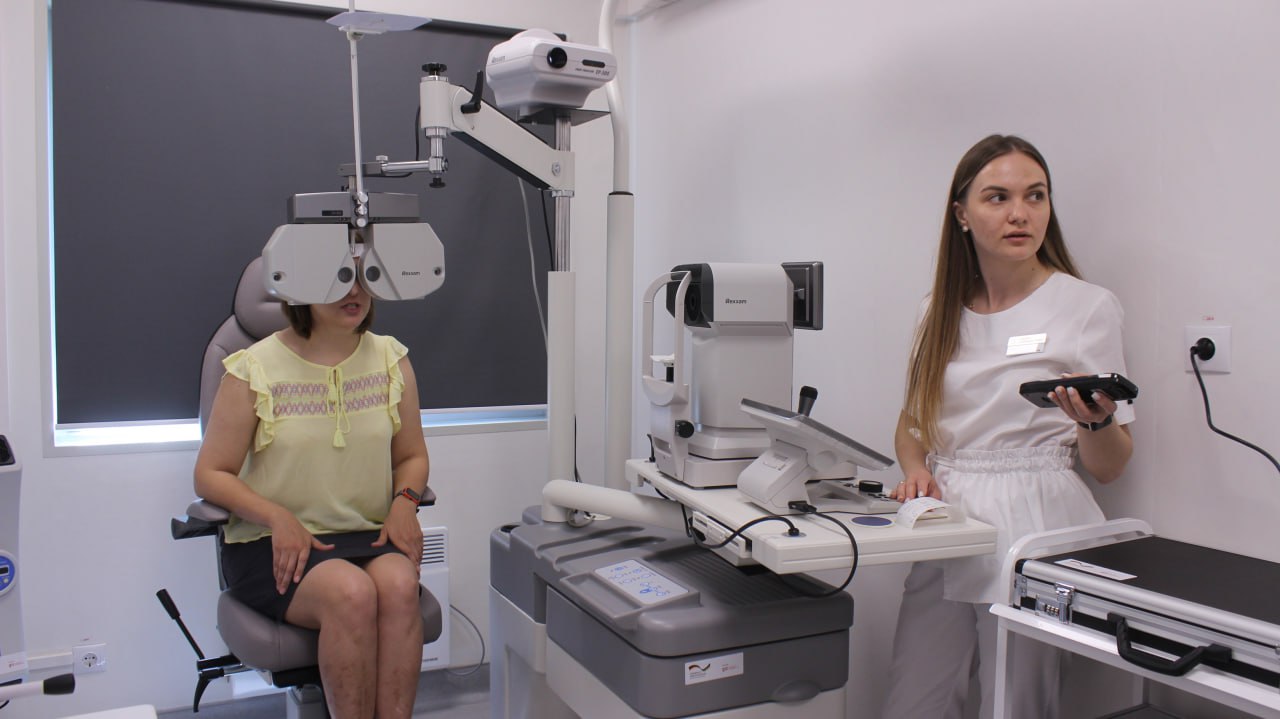
Communities where healthcare facilities were damaged during hostilities, as well as communities that received a large number of temporarily displaced persons during the full-scale invasion, were chosen as project partners.
The diagnostic center is designed to receive up to 200 patients daily. It includes a laboratory unit and a physiotherapy department, and it covers an area of approximately 500 square meters.
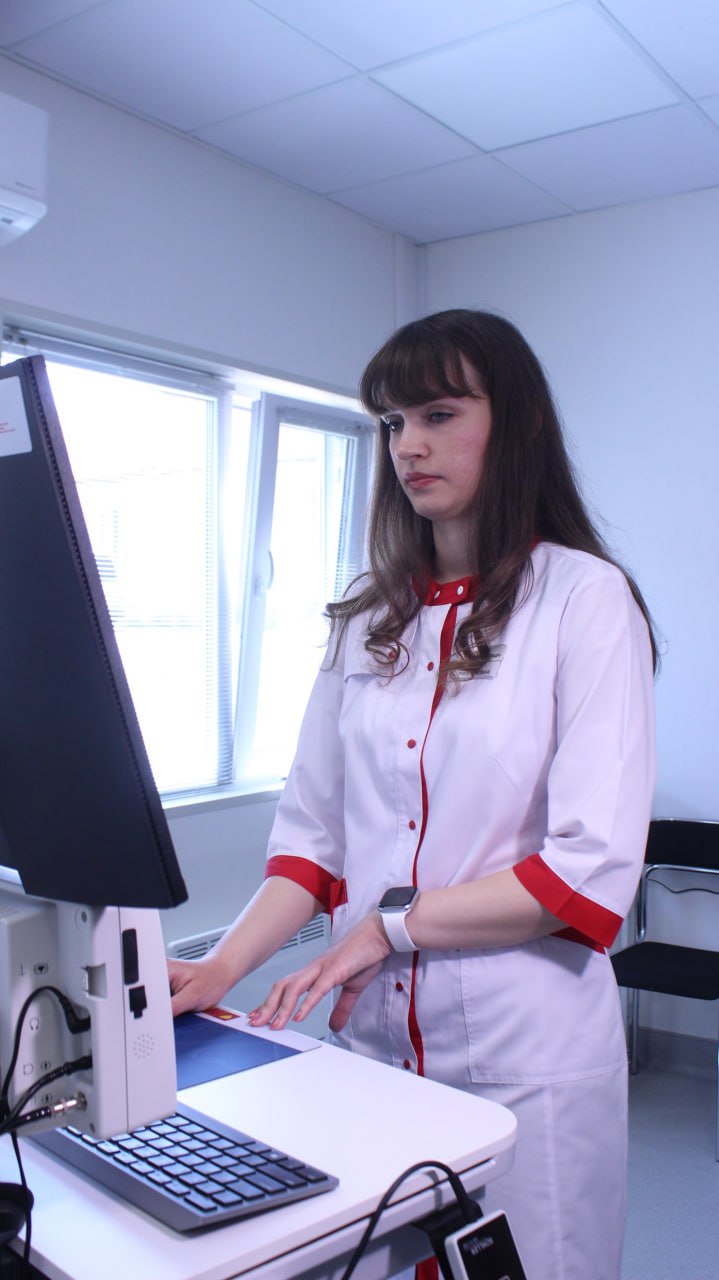
Autonomous solar power plants with an installed capacity of 72 kW were built for the autonomy of hospitals. They are designed to ensure the uninterrupted functioning of all existing medical equipment in the built modules (without considering heating needs). Solar panels are installed on modular blocks, on the roofs of existing institutions, and land plots next to modular hospitals.
The solar stations also come equipped with state-of-the-art 52 kW electric backup batteries installed in modular hospitals, hybrid and network inverters, and software for operating the stations online.
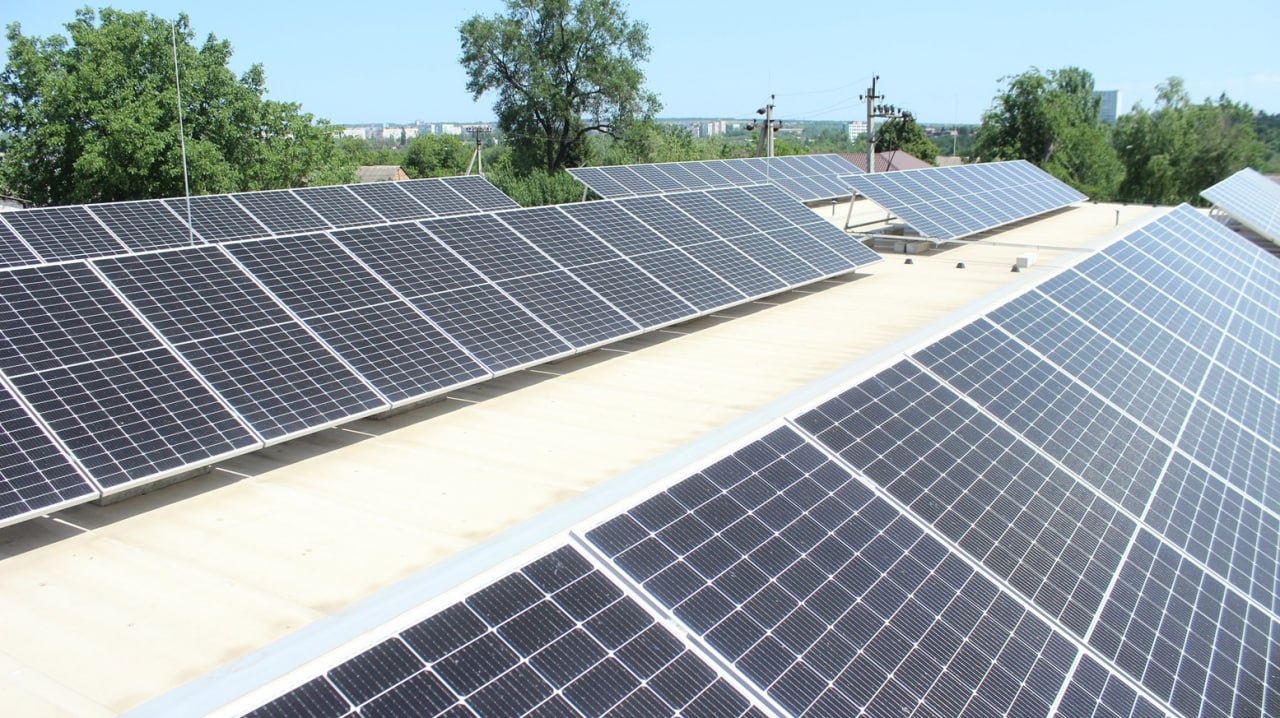
A modern 160 kW diesel generator with fuel reserve is also installed for the hospital's emergency power supply.
The area around the buildings has been set up, and there is accessible entry to modular hospitals for people with disabilities. To safeguard the hospital from potential shelling, all amenities, including generators, have been shielded by HESCO barriers.
For reference:
It should be noted that the German government and the EU financed the construction of 6 modern hospitals.
Similar hospitals are already working in:
- Chernihiv,
- Trostiantsi (Sumy region),
- Pereshchepyne (Dnipropetrovsk Region),
- Berezantsi (Mykolaiv region),
- Lviv.

Rebuilding Ukraine: American philanthropist funds third phase of "Hansen's Town" in Kyiv region for IDPs affected by Russian aggression

The opening of solar station in Irpin lyceum No. 1 took place within the "100SolarSchools" campaign by the CF Energy Act for Ukraine
































